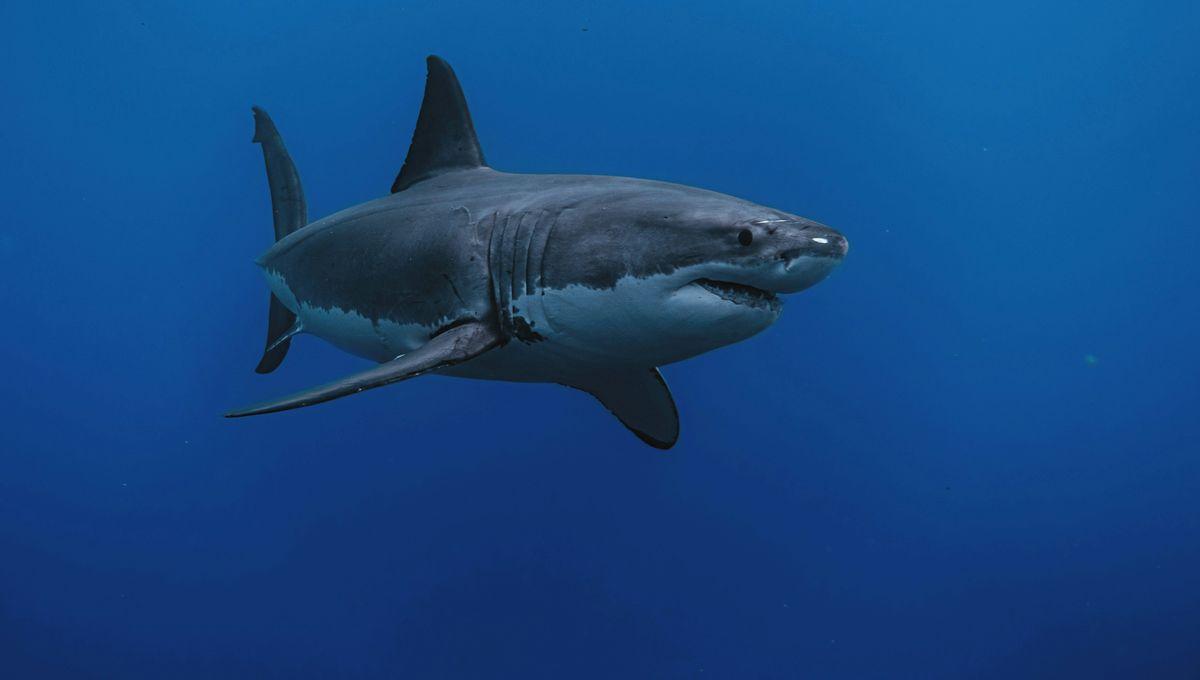-
Feed de notícias
- EXPLORAR
-
Páginas
-
Blogs
-
Fóruns
Atlantic Great White Sharks Are Creeping Up The East Coast Of The US And Canada

Why Great Whites Are Showing Up More Often Along the East Coast Of The USA And Canada
Great white sharks in the Atlantic are creeping farther and farther up the east coast of North America. Once rare sights in New England and Atlantic Canada, these giant marine predators are now being spotted more often, much to the surprise of fishermen, surfers, and beachgoers.
The rest of this article is behind a paywall. Please sign in or subscribe to access the full content. A new cross-border study tracked 260 great whites fitted with acoustic tags between 2014 and 2023, giving scientists their clearest picture yet of how and why the sharks are pushing deeper into Canadian waters. They found that the number of great white shark sightings off Halifax, Nova Scotia, has increased by 2.4 times from 2018 to 2022, while the number has increased nearly four times along the Cabot Strait that separates Nova Scotia and Newfoundland. Great white sharks (Carcharodon carcharias) inhabit a vast geographic range, including most temperate and subtropical coastal and offshore waters across the world, except in polar regions. They’re known for their huge migrations across the Earth’s oceans, sometimes traveling thousands upon thousands of kilometers in just a few months. Despite that wanderlust, white sharks tend to remain within distinct populations. Scientists have previously identified at least three major groups: one in the Southern Hemisphere around Australia and South Africa, another in the northern Pacific, and a third in the North Atlantic. These populations rarely overlap, and they almost never interbreed. The question is: why is the North Atlantic population expanding further up Canada’s coast? In a new paper, researchers suggest a few possibilities. One likely factor is climate change. Rising air temperatures in the North Atlantic are driving warmer sea-surface temperatures and reducing sea ice, making the waters more welcoming to great whites. Another possible driver is prey availability. In recent decades, grey seal populations in Atlantic Canada have bounced back thanks to conservation measures. A larger seal population means more prey, which is an attractive offer for these apex predators. Great white sharks are listed as vulnerable to extinction, according to the IUCN Red List, and their global population is considered to be declining. It’s not yet clear whether the news of their expanding range is a positive or a negative for the species' health, although the study notes that these “distributional shifts” may suggest that new conservation actions are needed to protect the sharks’ future. Additionally, it raises the question of whether more parts of the East Coast and Canada should be bracing for shark attacks. The reassuring news is that aggressive encounters are incredibly rare, and these numbers are falling. In 2024, there were just 47 reported unprovoked shark attacks worldwide, the lowest figure in nearly three decades. The new study is published in the journal Marine Ecology Progress Series.


